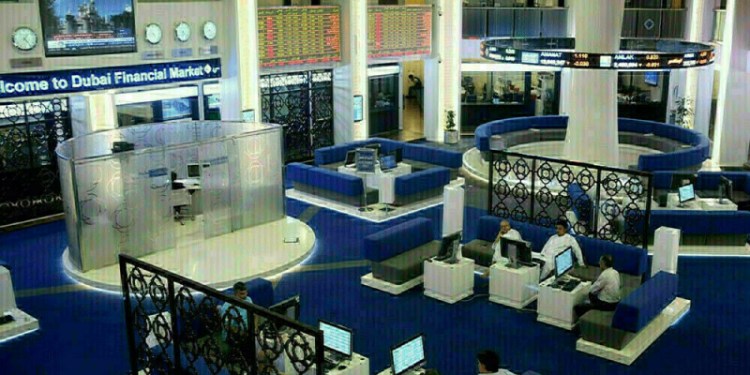 © Bloomberg. Buildings in the financial district stand illuminated at night in Sydney, Australia, on Friday, Sept. 29, 2017. A bungled transition from coal to clean energy has left resource-rich Australia with an unwanted crown: the highest power prices in the world.
© Bloomberg. Buildings in the financial district stand illuminated at night in Sydney, Australia, on Friday, Sept. 29, 2017. A bungled transition from coal to clean energy has left resource-rich Australia with an unwanted crown: the highest power prices in the world.2/3
(Bloomberg) — Australians can’t seem to get enough of exchange-traded products as they hunt for low-cost investments.
The sector posted a 39 percent jump in assets under management during the year to Oct. 31, according to data from VanEck Australia and the Australian Securities Exchange. The nation has the fastest growing exchange-traded-fund market behind Asia, including China, over the past three years, with assets more than doubling, Bloomberg Intelligence data show.
While the boom appears impressive, the market commands just A$33.2 billion ($25.3 billion) in assets under management — a drop in the ocean of the world’s $4.5 trillion ETF sector.
ETFs account for around 1.5 percent of the Australian stock market value compared with about 5 percent in Canada and Europe, and around 10 percent in the U.S., according to Reserve Bank of Australia data. The lag can be traced back to institutional investors such as pension funds favoring direct holdings and striking tailored investment deals with money managers. ETFs were also shirked by many Australian financial advisers who were paid commissions when they sold actively managed funds to mom and pop investors.
Still, the tide appears to be turning. Institutional investors are warming to the use of ETFs, while new laws that ban product commissions for financial advisers are also boosting the sector’s appeal.
“We expect the exchange-traded product industry will grow to between A$70 billion to A$80 billion dollars within five years,” said VanEck Managing Director Arian Neiron.
Fusion Media or anyone involved with Fusion Media will not accept any liability for loss or damage as a result of reliance on the information including data, quotes, charts and buy/sell signals contained within this website. Please be fully informed regarding the risks and costs associated with trading the financial markets, it is one of the riskiest investment forms possible.
Source: Investing.com




























